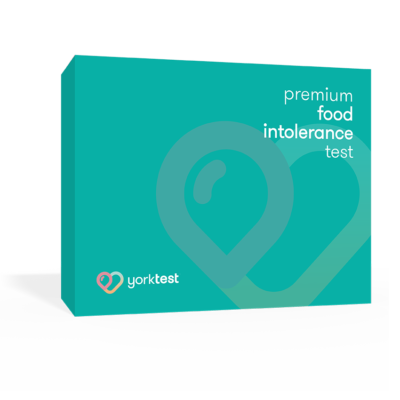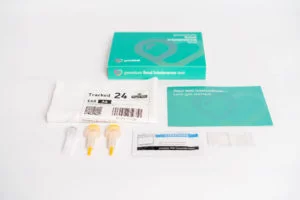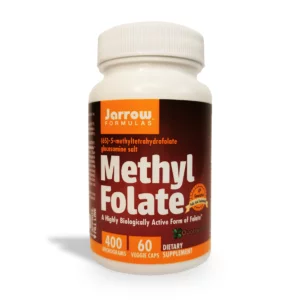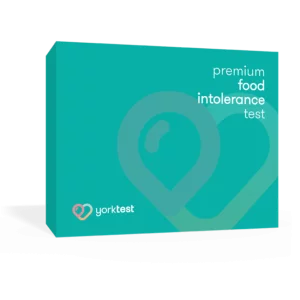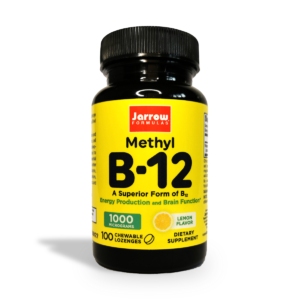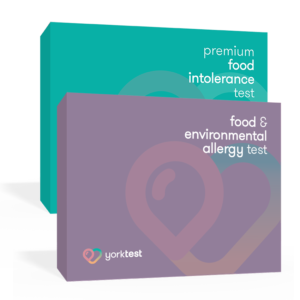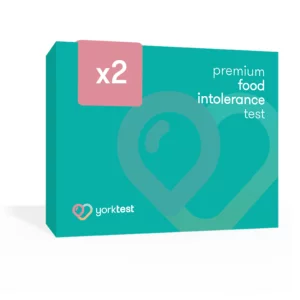What causes a beef intolerance?
Food intolerances have been on the rise in recent years. Though, it’s uncertain whether this is due to awareness being more prominent or whether there’s other factors at play, such as:
- Farming practices
- Additives and preservatives
- Stress levels
- Antibiotic usage
A beef intolerance in the body is caused by the body incorrectly recognising certain proteins within beef as a harmful substance. This occurs most frequently during digestion, where small amounts of food are leaked through the lining of the gut into the bloodstream.
The body recognises these particles as foreign bodies – even though they are harmless – leading to an immune system response, and the release of IgG antibodies. The release of these antibodies may trigger inflammation, which can result in the uncomfortable physical symptoms of intolerance.
Can you outgrow a beef intolerance?
The good news is that if you do have a beef intolerance, you don’t necessarily have to cut beef out of your life forever. Many people find that after a period eliminating or reducing the amount of beef they eat, they’re able to head back to the herd without the symptoms experienced previously.
How do I check if I have a beef intolerance?
Here at yorktest, if you think you have a beef intolerance, we believe that there are three options you can take:
1) Do nothing
Of course, ignorance is sometimes bliss, but when it comes to health, it’s always better to seek help. If a food intolerance is the symptom cause, it will persist or may even develop in the body over time if neglected
2) Choose to remove foods from your diet by second guessing
It can be second nature to attempt to guess which foods are contributing to certain symptoms. Bread, for example, might be assumed to be the culprit – however, there’s a variety of potential trigger ingredients, such as wheat, gluten and even yeast. As a result, foods might be cut from the diet unnecessarily.
3) Take a food intolerance† test to identify your food triggers and fast-track their elimination diet
A credible IgG food intolerance† test is used as a strategy for identifying foods to which a person may be sensitive. yorktest have found that the average person with positive results typically reacts to 4 to 5 ingredients. This shows there could be some unsuspecting ingredients that may be challenging to find by simply removing ingredients that feel suspect.
8 out of 10 customers saw an improvement following a yorktest programme



